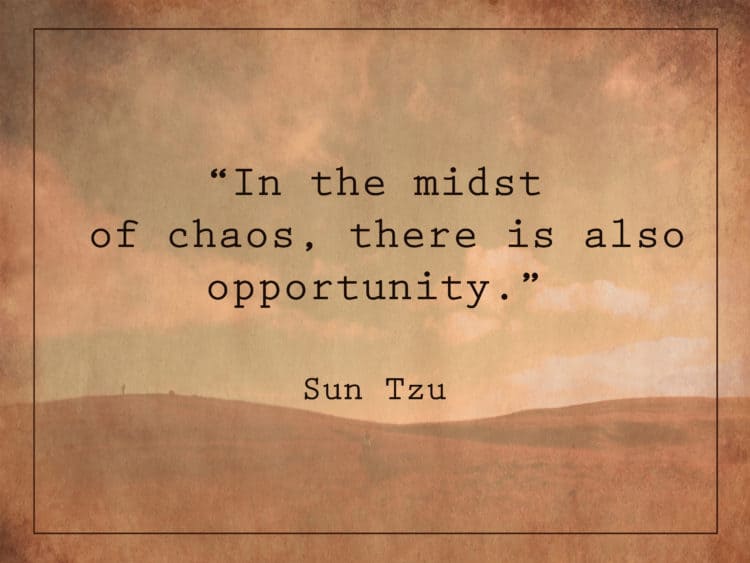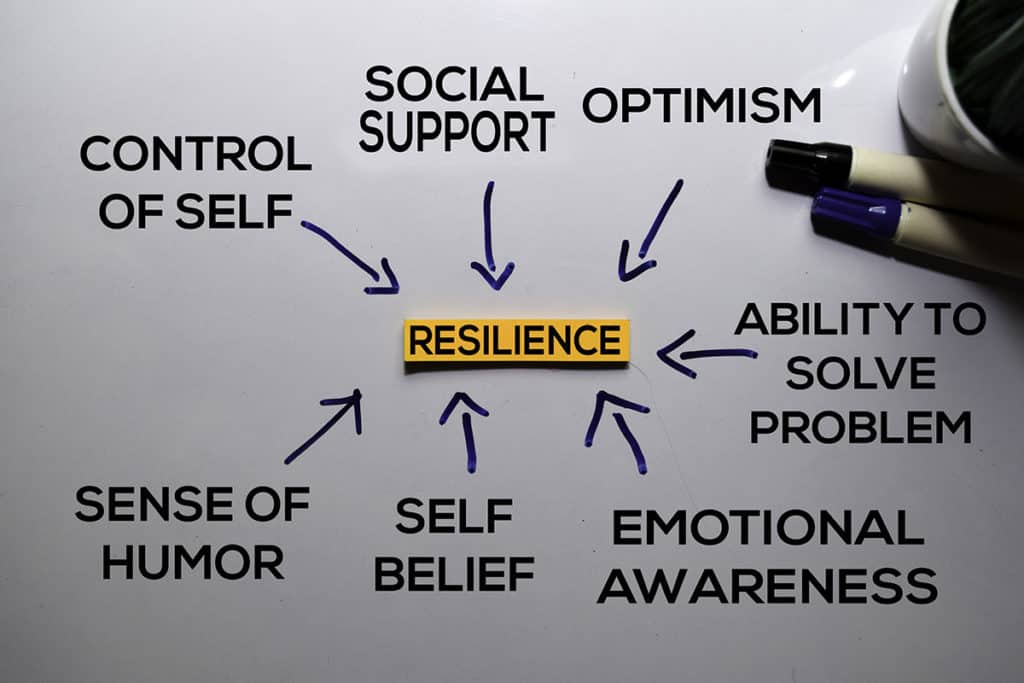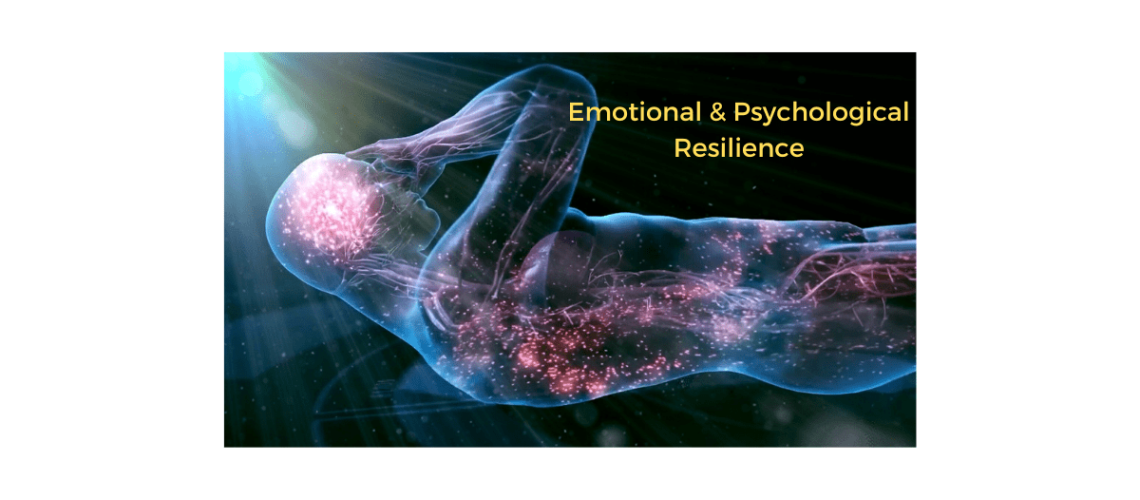Managing Emotional and Psychological Resilience is something I have been both indirectly and directly involved in for most of my life. In fact we all are indirectly involved in both as we grow up and learn how to manage ourselves during school, exams, socially, professionally and in our personal relationships. It is something of a minefield because no one sits us down and tells us how to manage ourselves unless we actively go looking for help to do this.
Without being capable of managing these two elements of our lives, we tend to struggle more than those who do have that capability.

Over the last 15 years I have researched this topic extensively. I have developed a process that I teach that enables you to manage your emotions, your state, so that you can remain rational, logical and objective, rather than being overwhelmed with emotion and likely saying and doing something that only makes your situation worse. I wrote a book on this subject and have expanded the original work and created several courses that I teach in person and online.
This came from my own experiences of not managing my own emotions very well at various points earlier in my life. I was an angry, aggressive boy and young man and joining the Royal Marines helped me to channel that energy much more effectively. However, it didn’t resolve the underlying reasons for my emotional overwhelms and at the end of my time in the UK military I was losing my job on medical grounds, losing my house and getting divorced. It was rather a lot to deal with and I didn’t deal with it very well because I got to the point of taking a pistol home and sitting on my couch with the barrel of the pistol pushed into my right eye socket. Fortunately a friend rang the doorbell and interrupted my flow of thought, and this interruption not only saved my life but was a key element that set the stage for my work today.
I never wanted to get myself in that position again so I read, studied psychology and psychotherapy, went on a wide variety of other courses looking for answers to my many questions around emotional resilience. The military had certainly helped me to develop psychological resilience, however, I had learned the hard way that without emotional resilience, it is extremely difficult to take advantage of the psychological side when flooded with negative emotions and feeling, thinking, talking and behaving in ultimately unproductive ways.

Along the way I was working as a consultant in intelligence and security and discovered that some of the things I had learned worked extremely effectively in helping me keep myself together emotionally, which in turn enabled me to remain psychologically resilient. Three events in particular set my future in motion in the direction I now sail in. These events involved me being kidnapped three times and using the skills I had learned to keep myself in check and also others with me. This set me on my path to develop the Immediate Care Process which started in 2007 and expanded into the Somato-Limbic Metacognitive Process, which are the basis for my work and my main focus of continued research, development, application and teaching.
So what are Emotional & Psychological Resilience?
Emotional and psychological resilience refer to a person’s ability to bounce back from difficult or challenging experiences and maintain a positive outlook and sense of well-being. These qualities are important, as life is full of ups and downs and everyone faces setbacks and challenges at some point.
What is Emotional Resilience?
Emotional resilience involves being able to manage and regulate one’s emotions in a healthy way. This means being able to cope with stress, disappointment, and other negative emotions in a way that does not overwhelm or disable you. It also involves being able to maintain a sense of balance and perspective, even in the face of difficult circumstances.
What is Psychological Resilience?
Psychological resilience involves being able to adapt to change and adversity, and to bounce back from setbacks and failures. This means having a flexible and growth-oriented mindset, and being able to learn and grow from challenges rather than being defeated by them. It also involves being able to maintain a sense of purpose and meaning in life, even when things are not going as planned.
What Are the Benefits?
There are several benefits to developing emotional and psychological resilience. For one, it can improve overall well-being and quality of life. People who are emotionally and psychologically resilient tend to have higher levels of life satisfaction and are better able to handle stress and challenges. It can also improve relationships and social connections, as being emotionally resilient allows you to better navigate and cope with difficult interpersonal situations.
There are several strategies that can help build emotional and psychological resilience. These include:
- Practice mindfulness and self-care: This includes taking care of your physical and mental health by getting enough rest, exercise, and nutrition, as well as engaging in activities that bring you joy and relaxation.
- Build a support network: Surround yourself with people who are supportive and positive, and who can offer you emotional and practical help when you need it.
- Practice gratitude: Focusing on the things you are grateful for, no matter how small, can help shift your perspective and improve your well-being.
- Learn to manage stress: This includes finding healthy ways to cope with stress, such as through exercise, relaxation techniques, or talking to someone about your concerns.
- Develop a growth mindset: Rather than seeing setbacks as failures, try to view them as opportunities for learning and growth.
- Find meaning and purpose: Having a sense of purpose and meaning in life can help you maintain a positive outlook, even when faced with challenges.

By developing emotional and psychological resilience, individuals can better navigate life’s ups and downs and maintain a sense of well-being and optimism. These skills can be developed through a combination of self-care, supportive relationships, and intentional practice.
The process I developed has been split into two courses; one for personal use as an individual and is called “The Immediate Care Process”, the second is designed for mental health specialists and coaches of all types to use with their clients and is called “The Somato-Limbic Metacognitive Process”. or “SLM Process” for short.
The links below will provide you with much more information about what the processes designed to do and the content of each course.
https://simon-maryan.thinkific.com/collections
Subscribe and keep up to date with new episodes and more in the Simon Lee Maryan Podcast – Mind Matters.
For more from Simon Lee Maryan check out the links below:
To see other videos check out this link – https://simonmaryan.com/videos/
If you like to listen to audio podcasts click here – https://simonmaryan.com/podcast/

